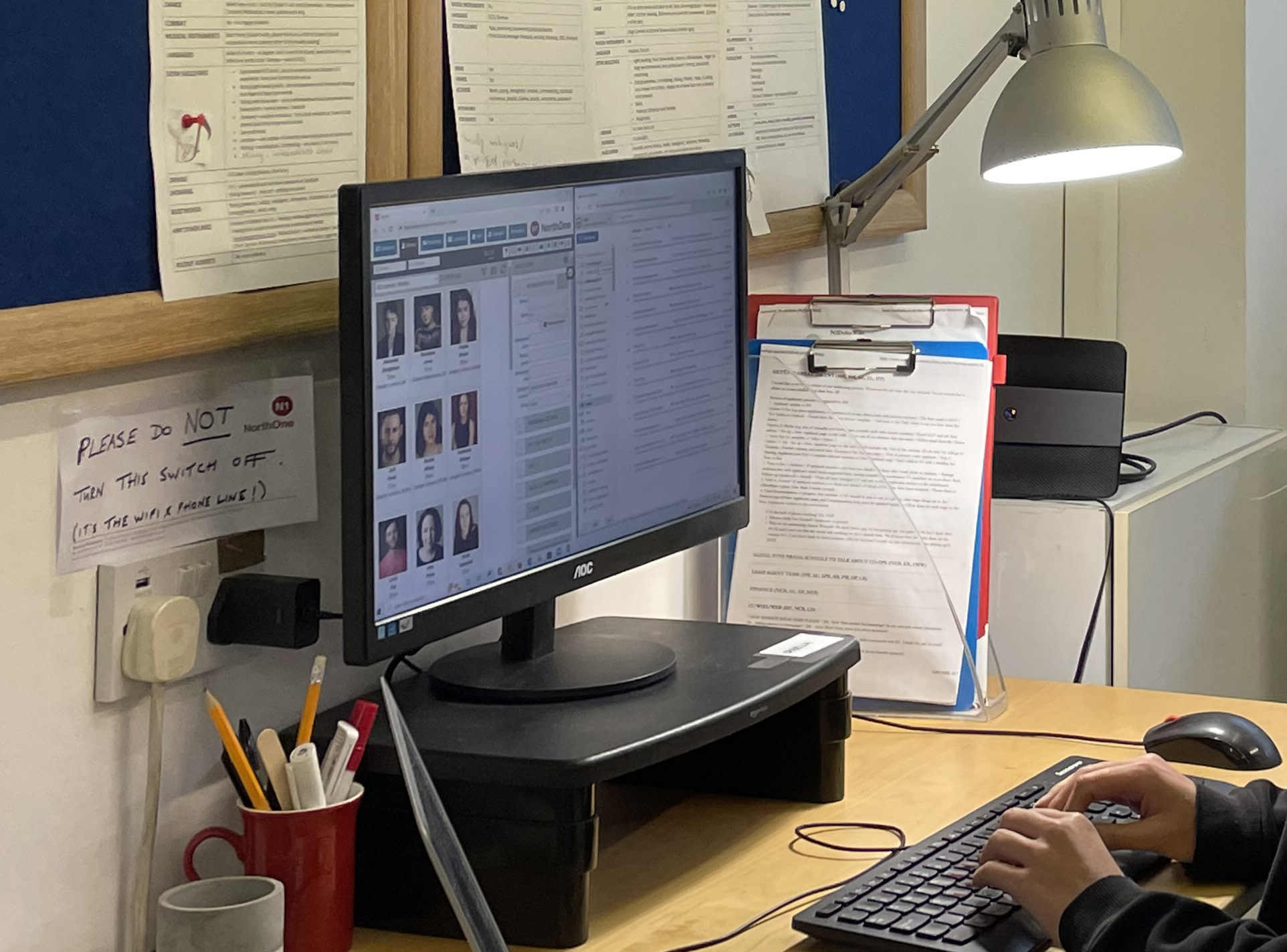How an agent will assist you with your acting career, and what you’ll need to do as a performer if you decide to self-represent yourself.
The key ambition of your average performer is to get an agent, not because it’s the most respected, established and arguably best way to get work in this industry, but because it’s commonly seen as the only way.
But this isn’t necessarily true. Many self-represented performers on Spotlight find work and get repeat bookings. They’re not treating self-representation as a ‘waiting room’ until that dream agent comes along. Many are their own sales and marketing team because they choose to be.
You should have representation because you want it and know how an agent could work with you to propel your career forward. These are some things to consider if you’re deciding to seek agent representation or be a self-represented performer.
Finding Acting Work When You’re Self-Represented
When it comes to finding work, agents aren’t the only ones capable of doing this. You have the ability to do it, too. Here are just a few ways to find acting jobs if you don’t have an agent:
-
Use the Jobs Feed
As Spotlight members, we all have access to the Jobs Feed. Whether you have an agent or not, there’s useful information in this podcast to help you navigate and optimise your profile settings. If you’re self-represented, you already have full access to the Jobs Feed.
If you’re a disabled performer, like me, you may be aware of ProFile – a free service for D/deaf and disabled actors – which is powered by Spotlight and The National Theatre, where actors’ audition tapes can be viewed by casting teams.
Casting directors sometimes use social media as a talent-finding resource, especially for street castings. However, anyone can post a job listing on social media and claim to be a casting professional, so always do your research to make sure potential work comes from a legitimate source before sending a self-tape or agreeing to meet anyone for an audition.
If in doubt, The Casting Director’s Guild is the best place to verify genuine casting contacts.
-
Join a Student Project
Whether it’s a drama school showcase, a post-grad student film or a solo piece of your own, student projects are an excellent way to gain experience and make contact with people in the industry. Some casting directors and agents make a point of attending drama school showcases and similar student events on a regular basis.
-
Attend Industry Events
Spotlight, The Actors Guild and TripleC are just a few of the organisations that host networking events, workshops and training sessions on everything from auditioning to writing. There is an eclectic mix of in-person and online opportunities, so mobility issues don’t hold you back.
These are all great ways to create contacts in your ‘little black book’. The longer you’re in the industry, the bigger that book will become, giving you more opportunities for work. Occasionally, you might even book a job at an event, so get out there.
-
Sell Yourself as an Actor
Once you have contacts, you should try to keep in touch by letting them know about your own projects and commenting on anything noteworthy that they do.
You may feel like you haven’t got the confidence to put yourself out there, but you’ve already done it before. If you went to drama school or any select college or drama classes, then you would’ve had to sell yourself to get in. You will have taken part in various school plays and student films and the calibre of your role will have been determined by your ability to tout yourself, not doubt yourself.
If you’re returning to the industry after a break, remember, you’ve done all this before. Your skills will come back like riding a bike. This article has seven tips to help restart your career after a break from performing.
Getting Work When You Have Agent Representation
Agents have industry contacts from casting directors to theatre managers. Their little black book will probably make yours look like a Post-it note. They know who’s who, so they don’t have to check credentials as often as we have to if we’re flying solo. They can also do a lot of the time-consuming sales and marketing for you behind the scenes, allowing you to concentrate on your craft.
Casting professionals often send work directly to agents, bypassing public domain job listing sites. Sometimes, that exciting moment happens when your agent gets an availability check for you. Yes, you! Equally, you can have that experience when representing yourself, too. It’s a huge ego boost when a production co-ordinator approaches you directly. I’ve had both and it feels great.
If you’re finding work yourself, the due diligence is up to you: how suitable is the role? Is the casting genuine work? All the travel logistics are down to you. Agency representation can reduce all this, but you’ll have less choice about what happens and when. You need to decide which matters most to you.
Your Credibility as an Actor
Having an agent gives casting teams a vote of confidence. It tells them there’s someone in the industry who knows their stuff and is prepared to back you. Whether you have an agent or not, you can gain credibility by attending a prestigious drama school or training overseas.
I didn’t attend a drama school and I’m a singer and actor on stage and TV. While I’d be the first to say that my non-traditional route to the performing arts did me no harm, I’ve always taken advantage of every opportunity to receive top-notch training and coaching and would urge you to do the same.
Have you been in any high-profile productions? Maybe you’ve applied for and received a grant? That means someone believed in you and was prepared to flash the cash, so you must have gained some credibility. Your Spotlight membership alone will automatically add to your credibility, so make full use of it where you can.
If you have an agent, your other forms of credibility will be enhanced. If you’re self-represented, be sure to make the most of every other type of credibility you have.
Negotiating Acting Fees and Contracts
If you represent yourself, you have to do your own negotiating, coordinating and organising behind the scenes. If you have an agent who does this for you, not only will negotiations likely be more favourable, but you can also leave the ‘mean girl’ act to them while you’re free to be good-natured and affable on set. I’m a Braille user and have several accessibility needs. While my agent demands accessible scripts on time, I get to turn up to productions – all smiley and easy to work with, Braille script in hand.
Agents can scrutinise your contracts and make sure the terms are advantageous to you. If you represent yourself, there’s a steep learning curve involved regarding contracts. Do you know your way around studio fees, buy-out rates for different types of projects, distribution rights, confidentiality agreements, insurance clauses, etc?
If you’re prepared to put time and effort into this branch of your business, it’s worth it, but if you’d rather leave points of law to someone else, an agent might be the way to go.
Commission is the aspect we never like to talk about. Your agent gets a cut of whatever you earn, but if it weren’t for them, some of these earnings wouldn’t exist in the first place. Agents have access to certain types of jobs and the calibre of work they find, at times, outstrips the quality of work we, as performers, find ourselves. Even after commission has been taken, they’re likely to have negotiated a higher fee than if you were negotiating for yourself. Personally, I’d rather have 85% of a banquet than 100% of a ‘Happy Meal’!
Your Autonomy as an Actor
If you have an agent, your control over your work will naturally diminish. For instance, out of the 50 auditions the agency may have access to this week, you’re suggested for two jobs. Which two? You have no control over what you are suggested for and you won’t even know what the other projects were about.
If self-represented, you receive all of the information and can make an informed choice, based on all the facts. On the other hand, some of the mundane, but essential, administrative tasks like contracts, payments and promotion will be taken on for you, freeing you up to do more of the work you love.
If you’re in charge of every aspect of your business, you know what’s being done and when it’s being done. Control may matter to you more than having free time.
The Gatekeeper
Maybe you’re at the stage of your career where PR project coordination is part of what needs to happen around you. Perhaps there’s press interest in your work? What about clients who feel they need access to you, as a performer, at inappropriate times? Your agent can act as your gatekeeper and, in some situations, communicate with all necessary parties on your behalf. My agent describes it as being my ‘conduit’.
If you’re self-represented, you’ll need to think about viable alternatives to help you. For instance, my Mum was my gatekeeper. Whatever your choice about whether to have an agent or not isn’t set in stone. You can change your mind at any time, but make sure you’re happy with your decision and own it.
If you have an agency, celebrate your collaboration. If you’re self-represented, embrace your autonomous power.
In reality, it depends on what you want as an actor: full control, all the money, all the hassle, all the responsibility for finding work. Or less control, a percentage of the money, less hassle, but maybe more high-calibre jobs.
I know my view, what’s yours?
 Born in Zambia and blind/visually impaired almost from birth, Soprano Singer, Actor, Radio Broadcast Presenter and Voiceover Artist Sandra Gayer was trained in Voice, Piano and Braille Music at the Royal College of Music. Using her voice in every area of her career, Sandra has appeared in a wide variety of arenas including theatrical and classical productions, TV and radio broadcasts. Sandra was a guest soloist on BBC Radio 3 and the voice of Poem in J.K. Rowling’s The Christmas Pig.
Born in Zambia and blind/visually impaired almost from birth, Soprano Singer, Actor, Radio Broadcast Presenter and Voiceover Artist Sandra Gayer was trained in Voice, Piano and Braille Music at the Royal College of Music. Using her voice in every area of her career, Sandra has appeared in a wide variety of arenas including theatrical and classical productions, TV and radio broadcasts. Sandra was a guest soloist on BBC Radio 3 and the voice of Poem in J.K. Rowling’s The Christmas Pig.
Sandra also performed at The House of Commons, The Other Palace Theatre as Calliope in the musical Orpheus the Mythical and at The Royal Albert Hall as a principal soloist in the opera Magna Carta – The Freedom Game. Make sure to catch Sandra in Inside No.9 (Series 5, Episode 5) on BBC iPlayer. You can also find out more about Sandra at www.sandragayer.com.
Headshot credit: Christine Barrass





